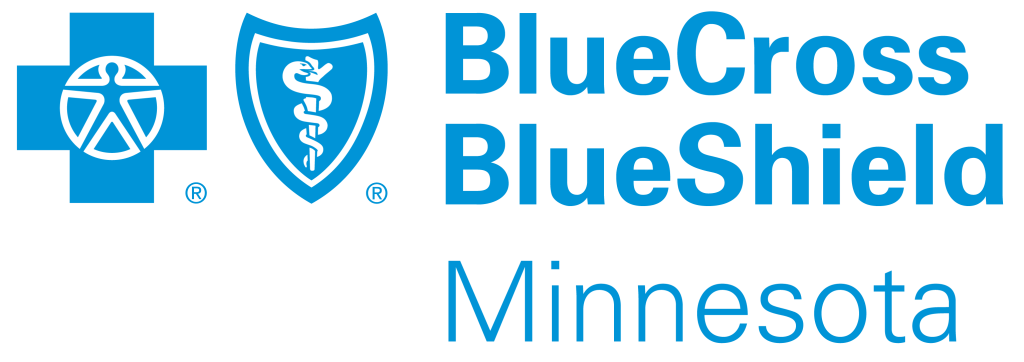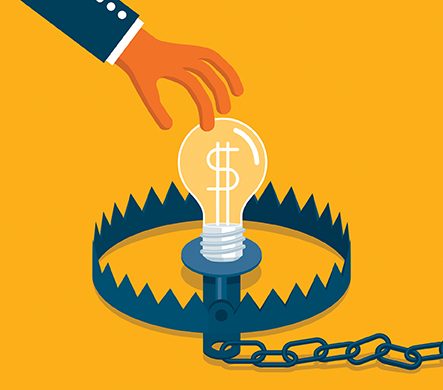In many ways, older adults are a dream target for scammers. According to AARP, Medicare fraud alone accounts for roughly $60 billion every year, and there are a variety of reasons. Seniors may have a large nest egg after years of working and investing, own their home, or have strong credit scores. Seniors also often visit the doctor or receive treatment more frequently as they age, increasing their vulnerability to health care fraud.
As a caregiver, you may be handling bills and corresponding with providers on the phone or through email, which means you are the first line of defense against health care fraud. Here are some key considerations, from the Minnesota Board on Aging:
• Treat your loved one’s Medicare and Social Security cards like a credit card. Don’t give the numbers to strangers.
• Seniors are often interested in treatments for chronic pain or cognitive impairment—be very wary of phone calls or emails from untrusted sources trying to sell these products.
• Keep a record of all doctor’s visits or treatments and then carefully match your loved one’s Medicare statements with those services.
• Do not accept any medical supplies from a door-to-door salesperson, even if they say they are from Medicare. Medicare does not call or visit homes to sell anything.
If you feel your loved one has been a victim of fraud, call the customer service number on the back of their health insurance card to report it. If you need additional help, call Minnesota’s Senior LinkAge Line®, a free resource offered by the State of Minnesota, at 1-800-333 2433. For a list of the most common fraud schemes and how you can avoid falling victim to fraud, visit bit.ly/fraudschemes.


